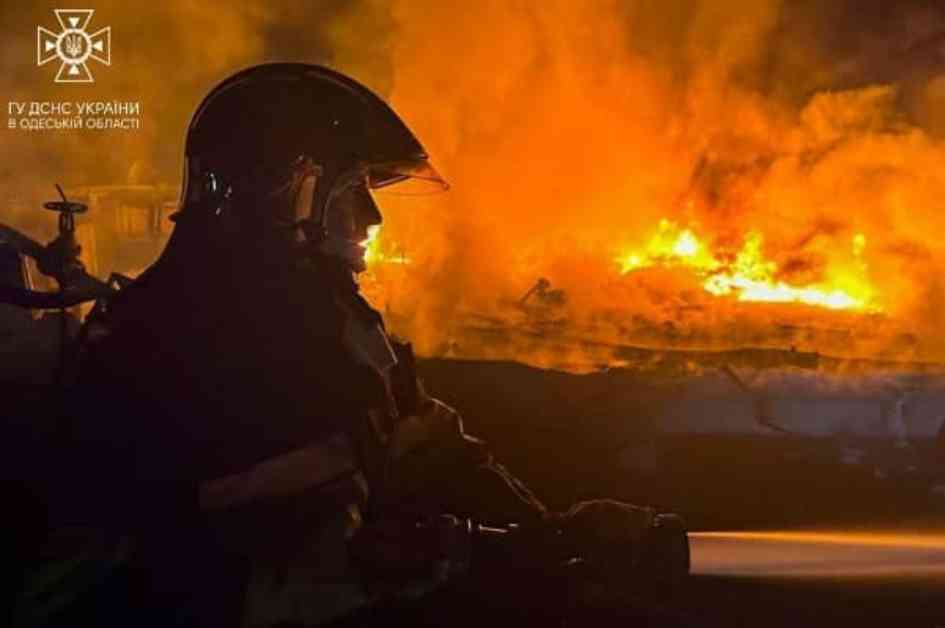Russia launched a significant missile strike on Ukraine, deploying over 120 missiles and 90 drones in a large-scale attack. The country’s energy infrastructure was targeted using Iranian Shahed drones, aero ballistic, and ballistic missiles. Ukrainian President Volodymyr Zelensky reported that Ukrainian defense forces successfully shot down 140 air targets but unfortunately, there was damage to objects and casualties in Mykolaiv.
As a result of the drone attack, two people were killed, including two children, and six others were injured. President Zelensky expressed his condolences to the families and friends of the deceased. The attack left areas without power, prompting emergency power shutdowns and causing blackouts. The head of Kyiv’s City Military Administration described this as the most powerful attack in three months, leaving millions without power.
In response to the attack, Dmitry Medvedev, deputy chairman of the Security Council of Russia, suggested that Ukraine would face a similar fate as the infrastructure targeted in the attack. Ukraine’s Foreign Minister, Andrii Sybiha, condemned the attack as one of the largest air assaults on peaceful cities and critical infrastructure. He criticized Russian President Putin, calling the attack a war crime and emphasizing the need for peace through strength, not appeasement.
The escalation of the conflict between Russia and Ukraine has raised concerns about the impact on the business world, particularly in London. The instability caused by the ongoing conflict could have far-reaching consequences for global markets and economies. Investors and businesses may face heightened risks and uncertainties, impacting trade, investment, and financial markets.
The attack on Ukraine’s energy infrastructure highlights the vulnerability of critical infrastructure to military conflicts and the importance of safeguarding essential services. The disruption caused by the attack underscores the need for resilience and preparedness in the face of geopolitical tensions and security threats. Governments and businesses must prioritize security measures to protect infrastructure and ensure continuity of operations in times of crisis.
As the situation continues to unfold, it is essential for the international community to support efforts to de-escalate the conflict and work towards a peaceful resolution. Diplomatic initiatives and dialogue are crucial in addressing the root causes of the conflict and preventing further violence and instability. The impact of the conflict on the business world underscores the interconnectedness of global economies and the need for cooperation and collaboration in promoting peace and stability.












